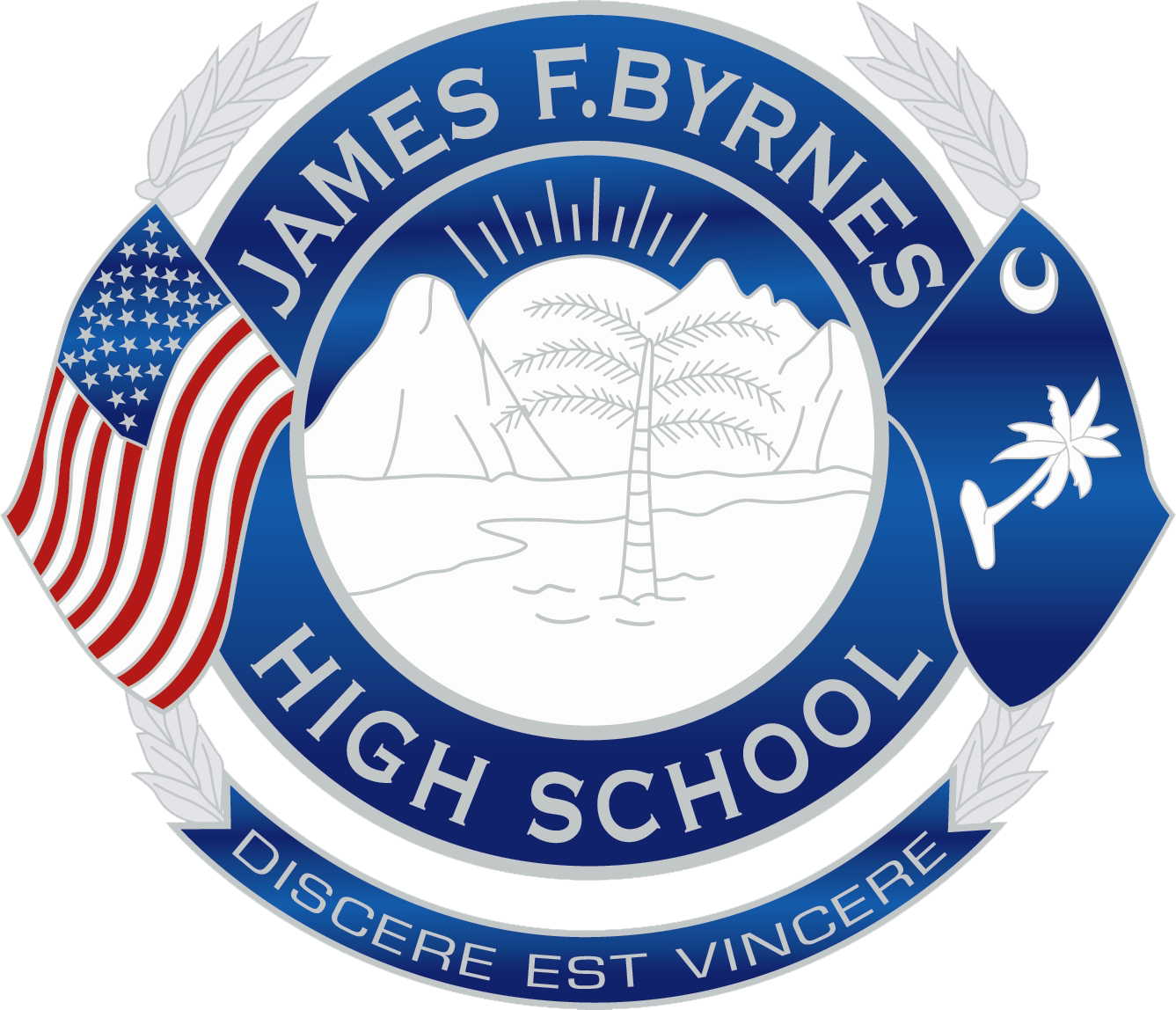Skip to content
Show submenu for About Us
Events
Show submenu for Information
Information
For Parents
For Students
Staff Directory
Guidance
Media Center
Show submenu for Fine Arts
Fine Arts
Show submenu for AFJROTC
AFJROTC
Athletics
Lines and Rhymes
Graduation 2025
Show submenu for
